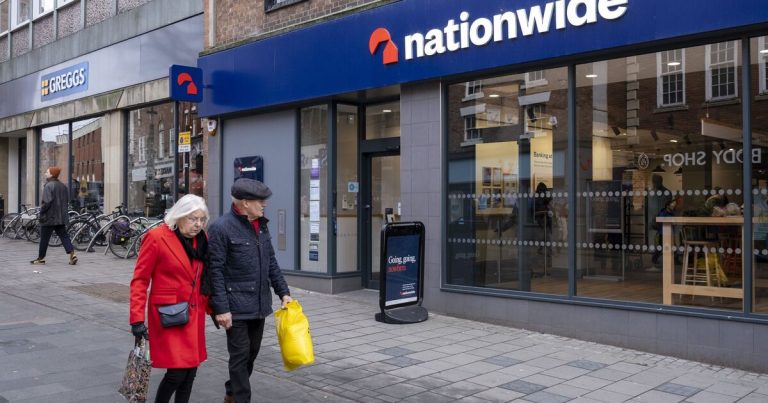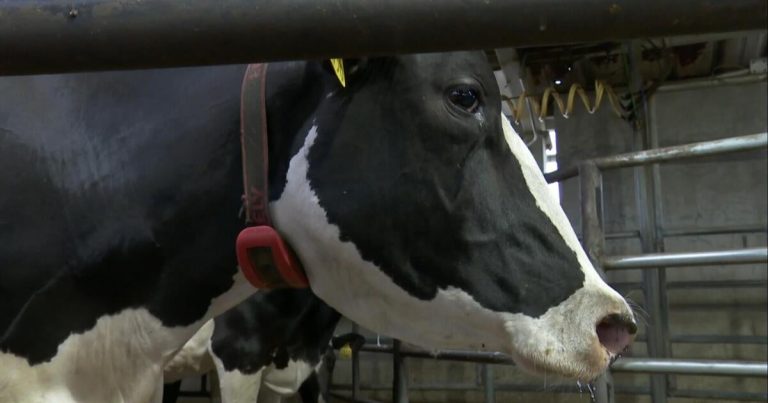
He said if it was just the unemployment figures that had moved he would say it’s still best to hold off dropping the rates, but given the inflation figures as well, now is the time to drop the rates. The Bank will announce its next base rate decision on May 9.
A drop in interest rates would help mortgage borrowers on variable rates struggling to make their repayments while savers may be negatively affected as they would be able to get such high rates.
Mr Hartley added: “With the election round the corner, from the Government’s perspective, I think now would be the perfect time for them to start winning a bit more popularity too if that’s a deciding factor.”
Rob Wood, chief UK economist at Pantheon Macroeconomics, said previously that the unemployment rate and payroll fall will “embolden” Bank of England policymakers to look at interest rate cuts.
He commented: “There is solid evidence the labour market slowed markedly in March. Rate setters will take note.
“Wages lag labour market slack, so these figures will likely embolden the Monetary Policy Committee to begin cutting interest rates this summer.”
He said the rate setters at the central Bank will likely wait until June before lowering interest rates, so they can see the post-minimum wage hike data.
The Bank of England has held the base rate at 5.25 percent since August 2023 with many analysts predicting interest rates will start to drop this year.
Julian Jessop, economics fellow at the Institute of Economic Affairs, said that the latest unemployment figures presented “one less excuse for the Bank of England to delay cutting interest rates”.
For the latest personal finance news, follow us on Twitter at @ExpressMoney_.





